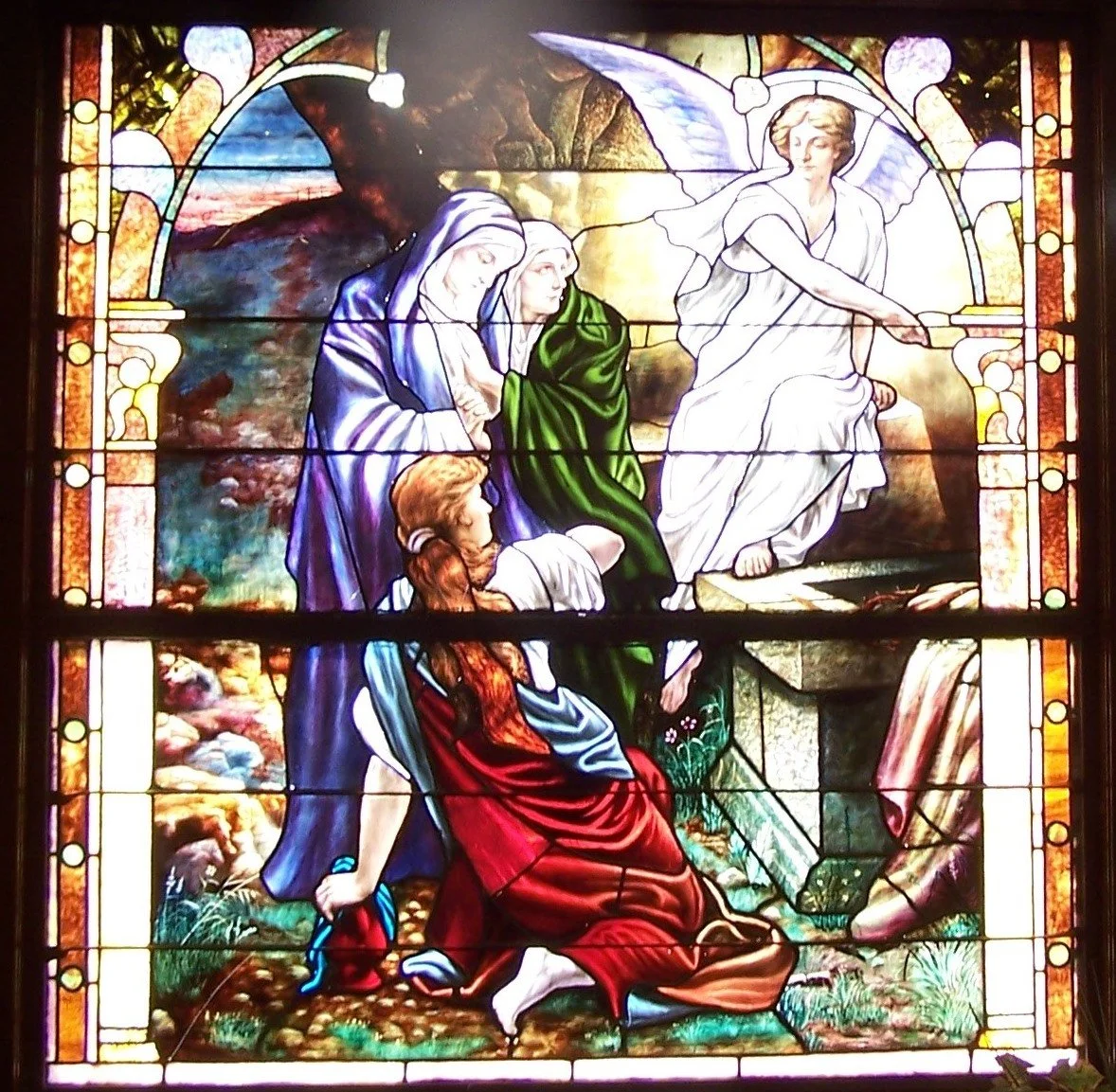Dear Friends,
Over the course of the last two months of the liturgical year, there are a few special days on the church’s calendar that don’t necessarily have the pull of big events like Easter or Christmas or even Pentecost. That doesn’t mean that those occasions don’t merit at least some attention.
Observed on the first Sunday of October, World Communion Sunday was first proposed by a Presbyterian minister and first observed in that minister’s church in 1933. Though the idea spread slowly at first, observance of World Communion Sunday grew dramatically during World War II – perhaps not a surprise in a time when holding the world together seemed all the more perilous than before. Today it is observed in many denominations around the world, emphasizing the unity of the worldwide church and its call to share with those in need.
At the end of October comes Reformation Day, observed on October 31 (or the Sunday immediately before that day). Tradition holds that on that date in 1517, Martin Luther nailed his ninety-five theses to the door of the cathedral in Wittemberg, Germany, protesting against what he saw as the excesses of the church and its indulgence of the powerful. While Luther’s Reformation is only one such upheaval in the larger church during that period in history (as our book study during October will demonstrate), the occasion has spread among Protestant denominations as a reminder of what has been done, and what still needs to be done, in the work of the church.
The very next day, November 1 (or the Sunday immediately after) typically gets marked as All Saints’ Day and is (unlike the previous two examples) actually part of the Revised Common Lectionary calendar. It most commonly becomes an occasion for remembering and making memorial for those who have died in the last year of the church’s life.
All of these occasions will be marked in the worship life of First Presbyterian Church in the coming weeks. I hope you’ll be present to learn more.
Charles
